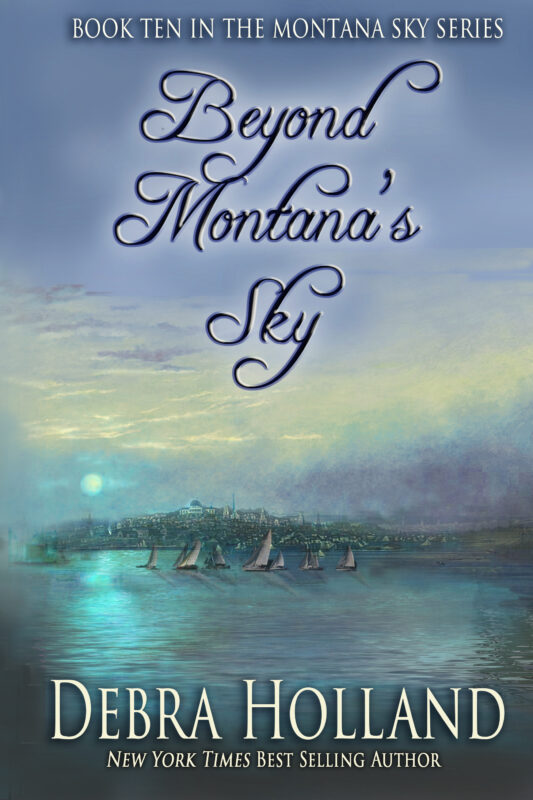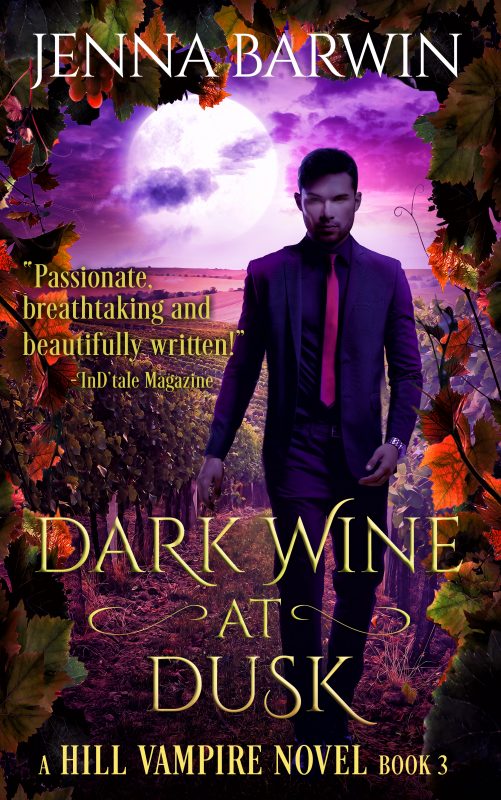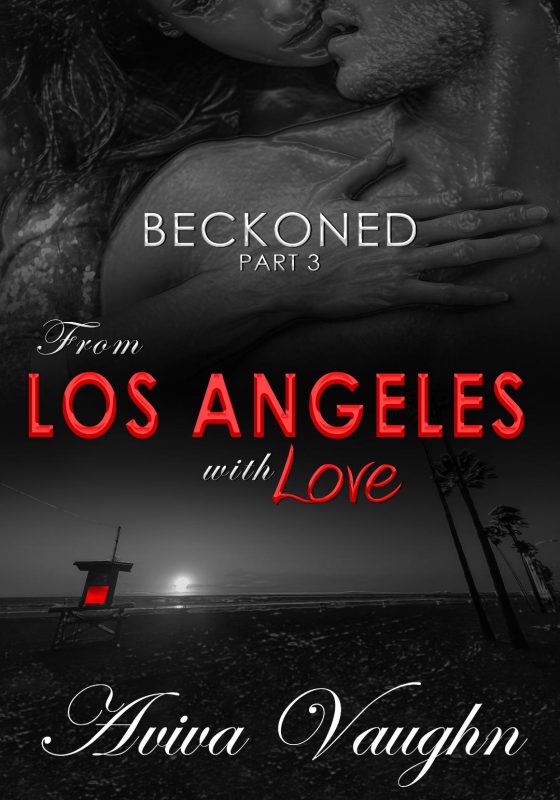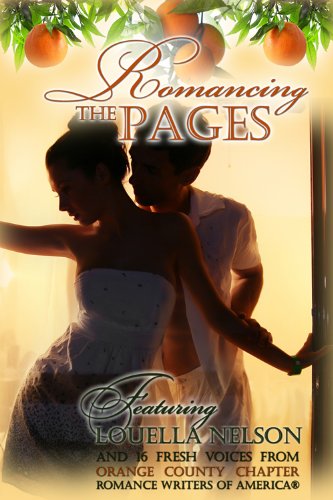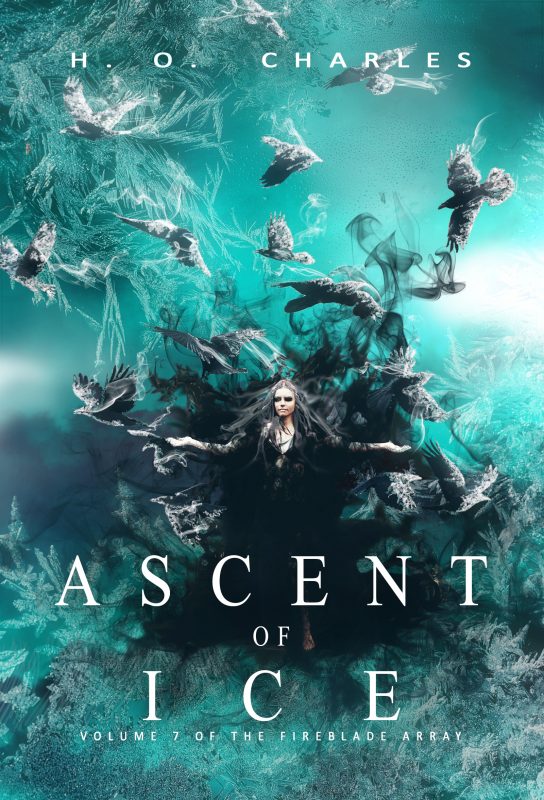May Featured Author: Neetu Malik
May 21, 2019 by Neetu Malik in category Featured Author of the Month tagged as May Featured Author of the Month, Neetu Malik, Poet's Day, poetry
Neetu Malik’s poetry is an expression of life’s rhythms and the beat of the human spirit. She draws upon diverse multicultural experiences and observations across three continents in which she has lived. She has contributed to The Australia Times Poetry Magazine, October Hill Magazine, Prachya Review, among others. Her poems have appeared in The Poetic Bond Anthology V and VI published by Willowdown Books, UK, NY Literary Magazine’s Tears Anthology and Poetic Imagination Anthology (Canada).
Her poem, “Soaring Flames”, was awarded First-Place by the NY Literary Magazine (2017). She has also been nominated for the Pushcart Prize, 2019 for her poem “Sacred Figs” published by Kallisto Gaia Press in their Ocotillo Review in May, 2018.
Neetu lives in Pennsylvania, USA.
On Writing…The Parts of the Whole
May 19, 2019 by Jenny Jensen in category On writing . . . by Jenny Jensen tagged as characters, Secondary Characters, writingJenny Jensen is out having an adventure.
While she was out, we thought you would like to revisit one of her posts from our archives. Jenny will be back in June with a new post On Writing . . .
CHARACTERS – the Stars and the Extras

A good story is made up from a host of elements that when jumbled together and skillfully molded become a glorious whole – just like Dixie Jewett’s fabulous horse. Plot, setting, theme, writing style and characters all must blend to make the whole pleasing. Being an omnivorous reader (yes, even when I’m not editing) I am happy with a plot driven or an action driven story, but I am smitten by a character driven tale. Reading a character driven novel is like crashing a party and making the acquaintance of new and fascinating people.
Main Characters
The main characters always have some attraction otherwise they wouldn’t support the story and make the reader care. Who couldn’t be enthralled by bossy Elizabeth Bennet and the steely D’Arcy, or Scarlett and Rhett? And then there’s Hannibal Lector, the very pinnacle of evil yet more compelling than a ten-ton magnet. Depending on how the story is structured we can learn their history upfront, or it is revealed through out the narrative, but there is always enough time and story space to make that all-important emotional connection through, not just history, but mannerisms, speech patterns, and motivations.
Secondary Characters
It is the secondary characters – the extras, if you will – that are often the most colorful component of great novels. Dickens’ genteelly mad Miss Haversham, du Mauier’s chilling Mrs. Danvers. Creating a supporting cast that adds a glint of darkness, a spark of humor or a touch of humanity to a story. Beyond helping to create a personality in a novel, this supporting cast is also critical to fleshing out the setting – you know you’re in NYC when your hero is depressed and seeks the ever freely given advice of street smart Dominick De Luca at his World Famous Hotdog cart. You feel you’re in San Francisco when the hero hears the Powell Street cable car and hops on to her morning repartee with Phillip the droll veteran conductor.
Secondary characters can be tools to move the action forward. If your protagonist needs to be placed in a situation that is out of character for her, use a secondary character to get her there. For instance, the contrary but kind old Mr. Kronke is Mia’s downstairs neighbor to whom she can never say no. Too ill to act on his passion for the horses Mia agrees to deliver his bet to the shady off license where she stumbles into a handsome man and so meets the hero.
Supporting Characters
Finally, supporting characters make great sounding boards to help the main characters work out internal conflict. Think about the key role lively dialog with the saucy office receptionist might play, or a hip bartender. Dithering Aunt Renada, for instance, is far more compelling than your main character’s long internal dialogue.
Just remember that you, the author, are creating a whole world and you must populate it. Your cast of characters can be useful, colorful, thoughtful, wicked, wise or witty but they should never be boring. Look at the world around you, note all the people you come in contact with, and you will have all the inspiration you need to create fantastic and memorable characters.
Jenny
THE TRUTH ABOUT MUSES
May 15, 2019 by Rebecca Forster in category The Write Life by Rebecca Forster tagged as inspiration, writing, writing craft, writing life, writing process, writing tips
The other day I was musing about muses. This was a rather convoluted process that went something like this:
I want to write but I don’t have an idea. I should write, but I’m bummed because I don’t have an idea. I could write if I had a great idea. I need to get one and until I do, I’ll watch TV. There’s a movie on TV called The Muse. I’ll watch The Muse and get inspired.
This is how the musing went after the movie.
The Muse is awful. She’s demanding, self-centered, and doesn’t care about the writer’s work. Still, the he sees something in her. What does he see in her? I want a muse. I just don’t want a muse like that.
I turned off the TV, obsessed with the idea of getting a muse. I just had to figure out where to get one. Since I’d never actually seen a muse, I decided I better find out exactly what I was looking for.
In the dictionary, the first definition of muse is to be thrown into a deep state of dreamy abstraction. The second is a noun, naming any of the nine sister goddesses in Greek mythology that preside over song, poetry, the arts and sciences. The third definition is the one we think of most often, a human source of inspiration or a guiding genius.
With this information in hand, I analyzed my career and realized that a muse has guided me every step of the way. I have often found myself lost in a dream state inspired by another writer. Their work has more often than not sparked an idea for a book of my own or a shown me a new way of laying a story foundation or become a point of reference for an essential building block.
The second definition – the naming of the goddesses – is a matter of inspirational faith. I have always believed that there is ‘something’ hovering over artists that not only encourages the creative soul, but also gives it the courage needed to present its work to a critical public.
That brings us back to the movie and the third definition of muse: the source of inspiration that we can touch and talk to. For some people this is one person, for me it has been many. I don’t call them muses; I call them friends, lovers, family and colleagues. Each step of my career was inspired and moved forward by the muse of the moment, the one person I needed just then.
There was the high school teacher who told me I wrote well, my husband who rescued by early attempts from the trashcan, my children who proudly said their mom was a writer. As the years went on and the books piled up, there were editors who trained me and readers who cheered me on, inspiring me to be better at my craft. All these people were – as definition three would have us believe – guiding geniuses.
It doesn’t matter if they knew the roll they played in my writing. What matters is that I wrote because of them and never in spite of them. The truth is, all you have to do to find a muse is open your eyes, your mind, and your heart. That muse is there – sometimes where you least expect it.
May Featured Author: Neetu Malik
May 14, 2019 by Neetu Malik in category Featured Author of the Month tagged as May Featured Author of the Month, Neetu Malik, Poet's Day, poetry
Neetu Malik’s poetry is an expression of life’s rhythms and the beat of the human spirit. She draws upon diverse multicultural experiences and observations across three continents in which she has lived. She has contributed to The Australia Times Poetry Magazine, October Hill Magazine, Prachya Review, among others. Her poems have appeared in The Poetic Bond Anthology V and VI published by Willowdown Books, UK, NY Literary Magazine’s Tears Anthology and Poetic Imagination Anthology (Canada).
Her poem, “Soaring Flames”, was awarded First-Place by the NY Literary Magazine (2017). She has also been nominated for the Pushcart Prize, 2019 for her poem “Sacred Figs” published by Kallisto Gaia Press in their Ocotillo Review in May, 2018.
Neetu lives in Pennsylvania, USA.
Conference Conundrums by Diane Sismour
May 13, 2019 by Bethlehem Writers Group in category From a Cabin in the Woods by Members of Bethlehem Writers Group tagged as Bethlehem Writers Group, conferences, Diane Sismour

Diane Sismour has written poetry and fiction for over 35 years in multiple genres. She lives with her husband in eastern Pennsylvania at the foothills of the Blue Mountains. Diane is a member of Romance Writers of America, Bethlehem Writer’s Group LLC, Horror Writers Association, and Liberty States Fiction Writers. She enjoys interviewing other authors and leading writer’s workshops.
Social Media Links
Website
Blog
Facebook
Network for the Arts
Twitter
Conference Conundrums
Diane Sismour
There are hundreds of writing conferences across the country every year, all vying for our attention. The promise of intriguing workshops and spellbinding keynote speakers up the ante, agents and editors add promise, and do not forget the networking opportunities. Although good writing is the objective, in an era when “who you know,” is as important as “what you know,” need I say more. So how do you choose which events are best for you?
Small Conferences Can Be Cost Effective
To get the most for your money, there are small conferences providing an array of workshops on craft and the business of writing, without the expensive speakers, or sit down dinners. The incidentals of a nomad on the road are costly. Find a venue within driving distance to avoid hotel stays, and remember to pack plenty of snacks and beverages. Your local writing group or library can help guide you to the events in your area. The Shaw Guide to Writer’s Conferences and Workshops has wonderful information on a huge variety of conferences, workshops, retreats and events all around the world. Another is fabulous source is the Romance Writers of America website. For non-romance writers, RWA members are inclusive and the conference workshops are more about craft and business than romance.
Workshops by outstanding speakers can make a difference in how the information translates to your writing needs. These sessions are usually not part of the general registration and are often times pre-conference workshops, requiring additional fees. However, some people are just better teachers and are worth the charge. They communicate concepts in interesting ways that translate to the “ah ha” moments we all love feeling when a connection is grasped.
Save for One Big Conference
I do recommend saving for one big conference to enjoy all the pomp and glitter. Ogle at the incredible authors at the literary signings and go to every extra activity you can find. Not only is this an amazing way to make your muse sit up and take notice of what fun can be had, but after falling asleep from exhaustion every night, you’re too tired for nerves to interfere at the agent/editor appointments. Okay, maybe a little anxious, but remember that they are the same people who passed you the sugar that morning, and you had no problem chatting to them about everyday life.
Plan Your Conference
A few important facts to remember: Figure out your objectives and stick to them; go to workshops targeted to move your writing forward, or inform on a subject you’re curious about pursuing. Bring business cards; you’ll make lots of contacts and a few new friends. Realize many of the people you meet may sit across from you at the pitch table; edit your verbal thoughts everywhere. Most of all have fun and relax; you are paying to attend.
Good luck and Happy Writing
~Diane
You Can Find Some of Diane’s Short Stories in the Following Anthologies and Books
Affiliate Links
A Slice of Orange is an affiliate with some of the booksellers listed on this website, including Barnes & Nobel, Books A Million, iBooks, Kobo, and Smashwords. This means A Slice of Orange may earn a small advertising fee from sales made through the links used on this website. There are reminders of these affiliate links on the pages for individual books.
Search A Slice of Orange
Find a Column
Archives
Featured Books
DARK WINE AT DUSK
A seductive spy. An alpha vampire. A hidden threat...
More info →ROMANCING THE PAGES
Celebrate all year long through Romancing the Pages
More info →Newsletter
Contributing Authors
Search A Slice of Orange
Find a Column
Archives
Authors in the Bookstore
- A. E. Decker
- A. J. Scudiere
- A.J. Sidransky
- Abby Collette
- Alanna Lucus
- Albert Marrin
- Alice Duncan
- Alina K. Field
- Alison Green Myers
- Andi Lawrencovna
- Andrew C Raiford
- Angela Pryce
- Aviva Vaughn
- Barbara Ankrum
- Bethlehem Writers Group, LLC
- Carol L. Wright
- Celeste Barclay
- Christina Alexandra
- Christopher D. Ochs
- Claire Davon
- Claire Naden
- Courtnee Turner Hoyle
- Courtney Annicchiarico
- D. Lieber
- Daniel V. Meier Jr.
- Debra Dixon
- Debra H. Goldstein
- Debra Holland
- Dee Ann Palmer
- Denise M. Colby
- Diane Benefiel
- Diane Sismour
- Dianna Sinovic
- DT Krippene
- E.B. Dawson
- Emilie Dallaire
- Emily Brightwell
- Emily PW Murphy
- Fae Rowen
- Faith L. Justice
- Frances Amati
- Geralyn Corcillo
- Glynnis Campbell
- Greg Jolley
- H. O. Charles
- Jaclyn Roché
- Jacqueline Diamond
- Janet Lynn and Will Zeilinger
- Jeff Baird
- Jenna Barwin
- Jenne Kern
- Jennifer D. Bokal
- Jennifer Lyon
- Jerome W. McFadden
- Jill Piscitello
- Jina Bacarr
- Jo A. Hiestand
- Jodi Bogert
- Jolina Petersheim
- Jonathan Maberry
- Joy Allyson
- Judy Duarte
- Justin Murphy
- Justine Davis
- Kat Martin
- Kidd Wadsworth
- Kitty Bucholtz
- Kristy Tate
- Larry Deibert
- Larry Hamilton
- Laura Drake
- Laurie Stevens
- Leslie Knowles
- Li-Ying Lundquist
- Linda Carroll-Bradd
- Linda Lappin
- Linda McLaughlin
- Linda O. Johnston
- Lisa Preston
- Lolo Paige
- Loran Holt
- Lyssa Kay Adams
- Madeline Ash
- Margarita Engle
- Marguerite Quantaine
- Marianne H. Donley
- Mary Castillo
- Maureen Klovers
- Megan Haskell
- Melanie Waterbury
- Melisa Rivero
- Melissa Chambers
- Melodie Winawer
- Meriam Wilhelm
- Mikel J. Wilson
- Mindy Neff
- Monica McCabe
- Nancy Brashear
- Neetu Malik
- Nikki Prince
- Once Upon Anthologies
- Paula Gail Benson
- Penny Reid
- Peter Barbour
- Priscilla Oliveras
- R. H. Kohno
- Rachel Hailey
- Ralph Hieb
- Ramcy Diek
- Ransom Stephens
- Rebecca Forster
- Renae Wrich
- Roxy Matthews
- Ryder Hunte Clancy
- Sally Paradysz
- Sheila Colón-Bagley
- Simone de Muñoz
- Sophie Barnes
- Susan Squires
- T. D. Fox
- Tara C. Allred
- Tara Lain
- Tari Lynn Jewett
- Terri Osburn
- Tracy Reed
- Vera Jane Cook
- Vicki Crum
- Writing Something Romantic
Affiliate Links
A Slice of Orange is an affiliate with some of the booksellers listed on this website, including Barnes & Nobel, Books A Million, iBooks, Kobo, and Smashwords. This means A Slice of Orange may earn a small advertising fee from sales made through the links used on this website. There are reminders of these affiliate links on the pages for individual books.























